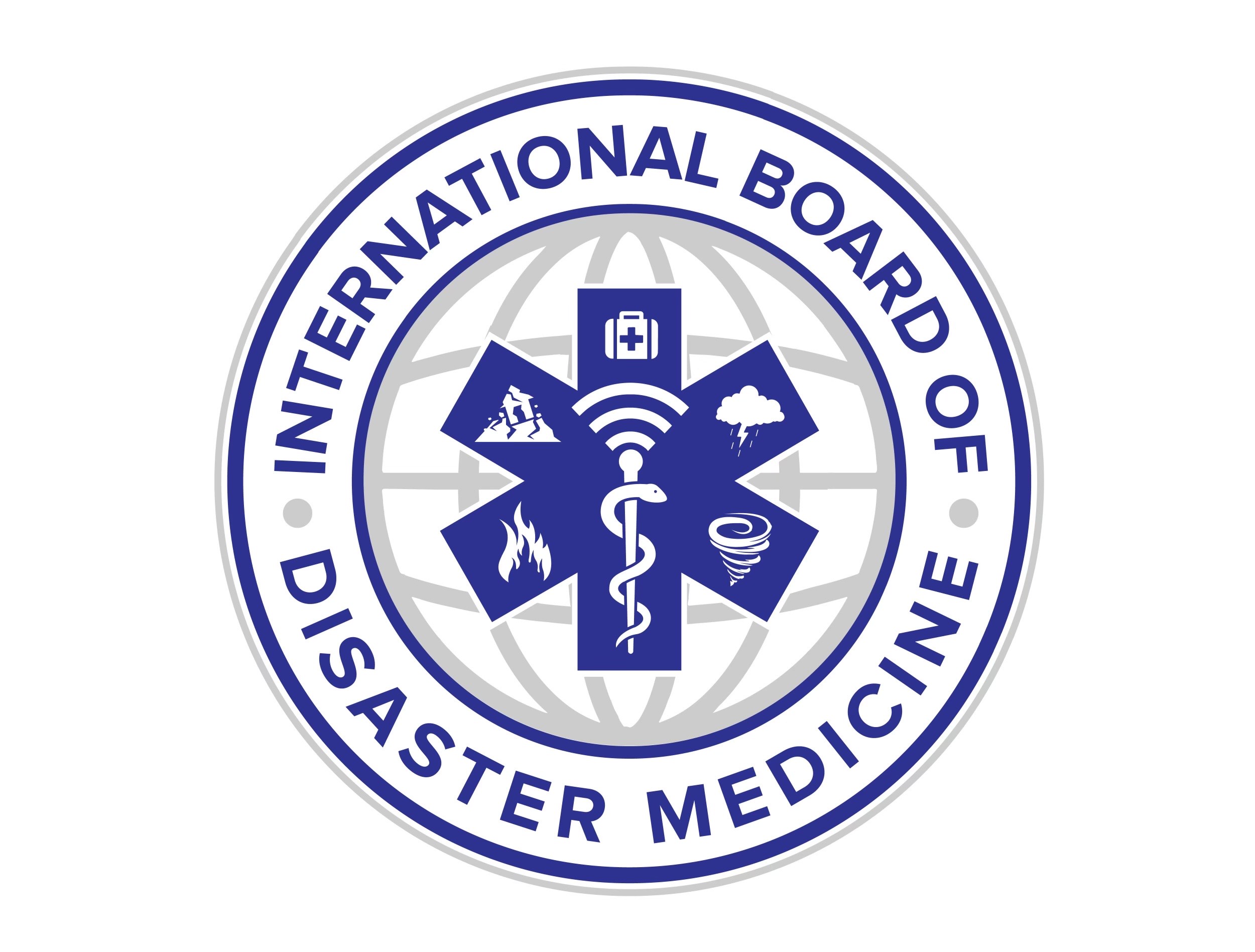Lynchburg Journal of Medical Science
Specialty
Behavioral Health
Advisor
Dr. James Kilgore DMSc, PhD, PA-C, DFAAPA
Abstract
Post-traumatic stress disorder (PTSD) is a prevalent and debilitating condition among military service members and veterans, often co-occurring with moral injury (MI) and spiritual distress (SD). While conventional PTSD treatments include cognitive behavioral therapy (CBT), exposure-based therapies, and pharmacological interventions, growing evidence suggests that spirituality may play a vital role in improving PTSD outcomes. This paper explores the integration of spirituality in PTSD treatment, examining its potential to mitigate symptoms, enhance resilience, and facilitate post-traumatic growth. Military chaplaincy, spiritually integrated therapies, and Department of Defense (DoD) holistic health models provide frameworks for addressing the spiritual dimensions of PTSD. Studies indicate that spiritually focused interventions, such as Building Spiritual Strength (BSS) and Spiritually Integrated Cognitive Processing Therapy (SI-CPT), can effectively reduce PTSD symptoms and spiritual distress. Additionally, neurobiological findings suggest that spirituality may modulate stress responses, highlighting its relevance in trauma recovery. While spiritual interventions are not universally applicable, patient-centered care that acknowledges spiritual needs can enhance treatment efficacy. This paper underscores the necessity of further research to refine spiritually integrated care and optimize PTSD treatment for military populations.
Recommended Citation
Urbina, Jennifer DMSc, PA-C
(2025)
"Spirituality and PTSD Outcomes Among Service Members and Military Veterans,"
Lynchburg Journal of Medical Science: Vol. 1:
Iss.
1, Article 1.
DOI: https://doi.org/10.63932/3067-7106.1005
Available at:
https://digitalshowcase.lynchburg.edu/jms/vol1/iss1/1
Included in
Behavioral Disciplines and Activities Commons, Mental Disorders Commons, Psychiatric and Mental Health Commons, Religious Thought, Theology and Philosophy of Religion Commons






